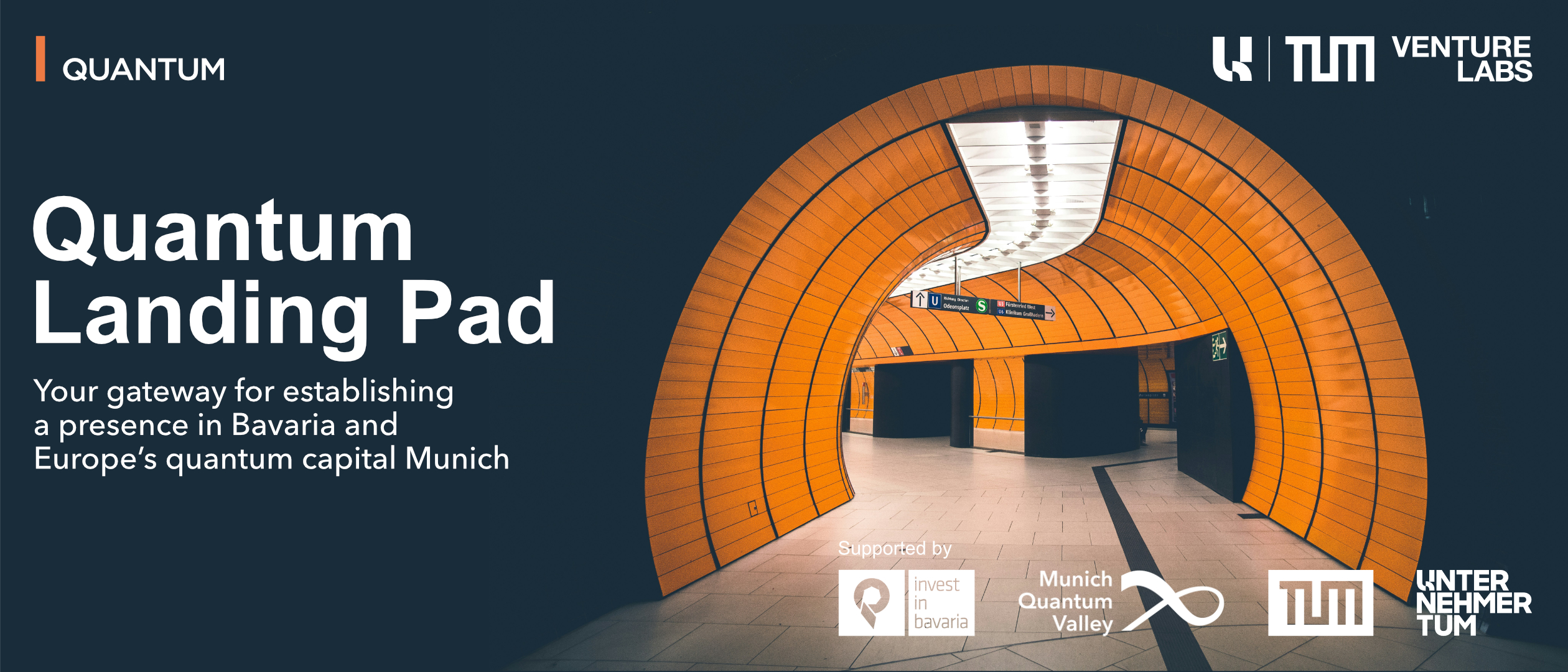
Entrepreneurship
The translation of scientific research into commercial products is a key challenge for the creation of a successful and thriving quantum ecosystem. Entrepreneurship plays a key role in overcoming this bottleneck. Within Munich Quantum Valley, founders and start-ups can find comprehensive support through the TUM Venture Lab Quantum/Semicon, Munich's innovation center for quantum technologies.
Supporting local entrepreneurs
The Venture Lab Quantum/Semicon offers services for local founders along four dimensions:
Education –Tailored educational programs at the intersection of quantum technology and entrepreneurship are offered to students and scientists across a wide range of experience levels.
Venturing – Early-stage founders are supported through holistic and domain-specific coaching, multiple incubation programs and advice with public funding grants and IP processes.
Spaces & Infrastructure – Dedicated office space and prototyping labs as well as access to institutional infrastructure will be available to selected teams within the TUM Venture Lab Quantum.
Events & Network – One key element helping founders on their journey is the Venture Lab’s close-knit network connecting them to industry partners, more mature start-ups, domain-experts and investors active in quantum technologies.
Attracting external entrepreneurs
The Venture Lab Quantum/Semicon supports international quantum start-ups relocating to Munich and Bavaria through the Quantum Landing Pad. The Landing Pad supports start-ups throughout the entire process, from navigating local legal and tax requirements to accessing temporary office and lab space, and provides them with seamless access to the local entrepreneurial ecosystem.
Apply now for support from the Quantum Landing Pad through the program's website!
Contact TUM Venture Lab Quantum/Semicon
Managing Director: Christopher Trummer
Start-ups within the Munich Quantum Valley ecosystem
Munich Quantum Instruments

At Munich Quantum Instruments, we develop state-of-the-art photonic quantum sensors that can be used for breakthrough discoveries and groundbreaking applications such as optical quantum computing, quantum sensing, deep-space optical communication or quantum communication. We are designing our sensors to enable the exploitation of quantum phenomena on an industrial scale. This means that we are building scalable, high-quality photonic quantum sensors for mass deployment, enabling everyone to benefit from the upcoming quantum revolution.
Munich Quantum Software Company
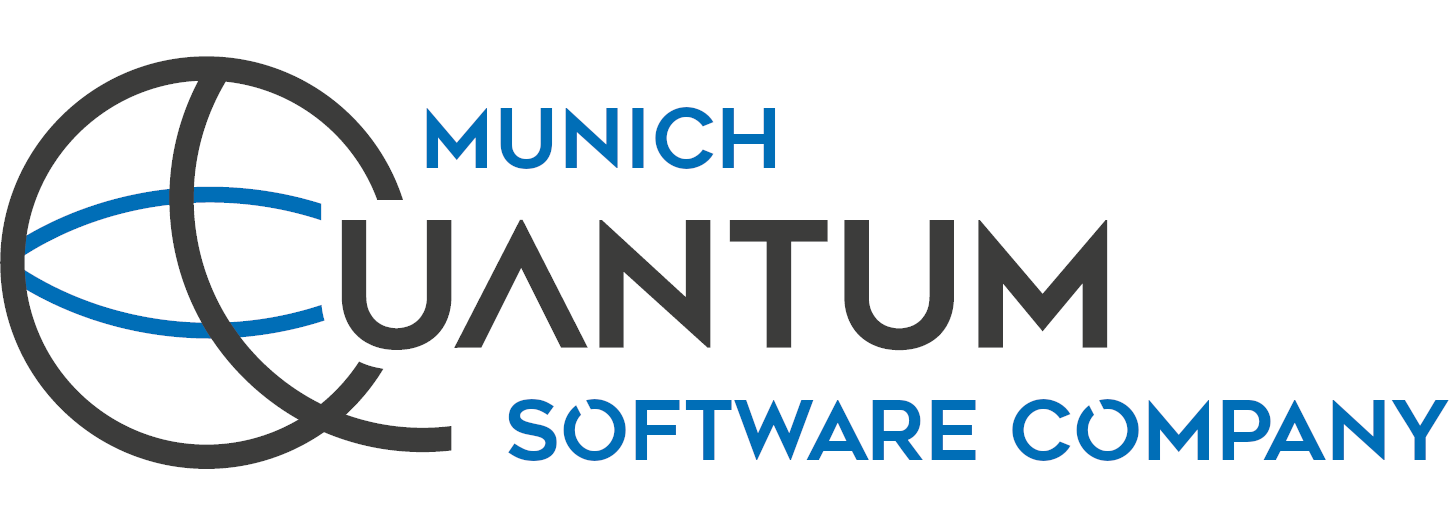
Quantum computing is becoming a reality, with the necessary hardware – including superconductor, ion trap, and neutral atom technology – coming to market. However, to fully leverage these platforms, we need software capable of handling complex design tasks. Unfortunately, quantum-computing software is still in its infancy, and the development of quantum computing software remains challenging. The "Munich Quantum Software Company" aims to create industry-strength software tools and services that provide for quantum computing what is already taken for granted in conventional IT.
Links
Peak Quantum
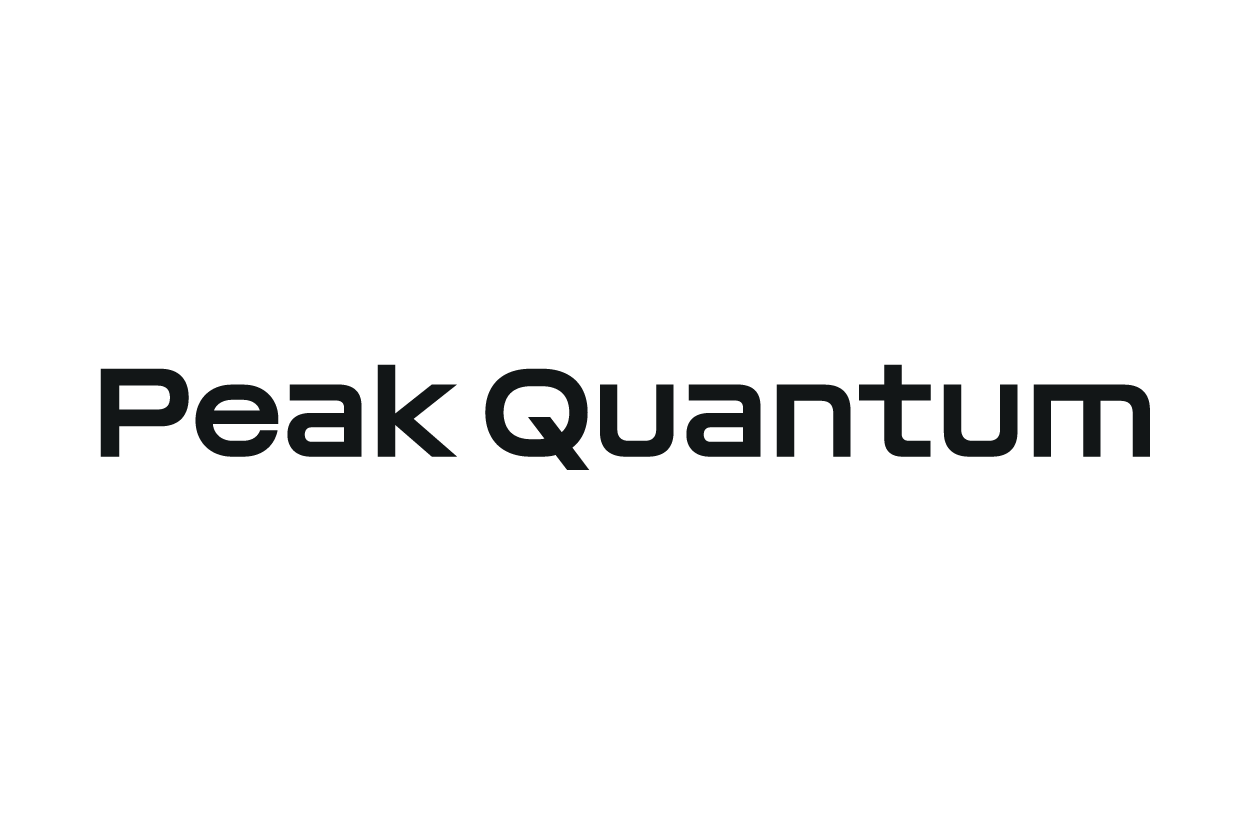
Peak Quantum is building high-quality quantum processors (QPUs) based on superconducting qubits. The Munich-based spin-off was launched in 2024 by a team of world-class researchers from the Walther-Meißner-Institute (WMI) and is pioneering a novel qubit architecture with built-in error protection, aiming to accelerate the development of fault-tolerant and application-ready quantum computing.
Links
planqc

planqc is the first start-up to emerge from Munich Quantum Valley. In particular, planqc aims to bring the quantum computing demonstrators developed in the Neutral-atoms qubits projects TAQC and MUNIQC-Atoms to market.
As such, planqc's quantum computers store information in individual atoms – nature's best qubits. Quantum information is processed by arranging these qubits in highly scalable arrays and manipulating them with precisely controlled laser pulses. planqc’s unique combination of quantum technologies is the fastest way to scale to thousands of qubits, a prerequisite for industry-relevant quantum advantage.
planqc's founding team combines decades of international research on neutral-atom quantum technologies. Our quantum computers are built on the precision of the world’s best atomic clocks, the world’s best
quantum gas microscopes, and high-speed Rydberg gates.
Links
Qlibri
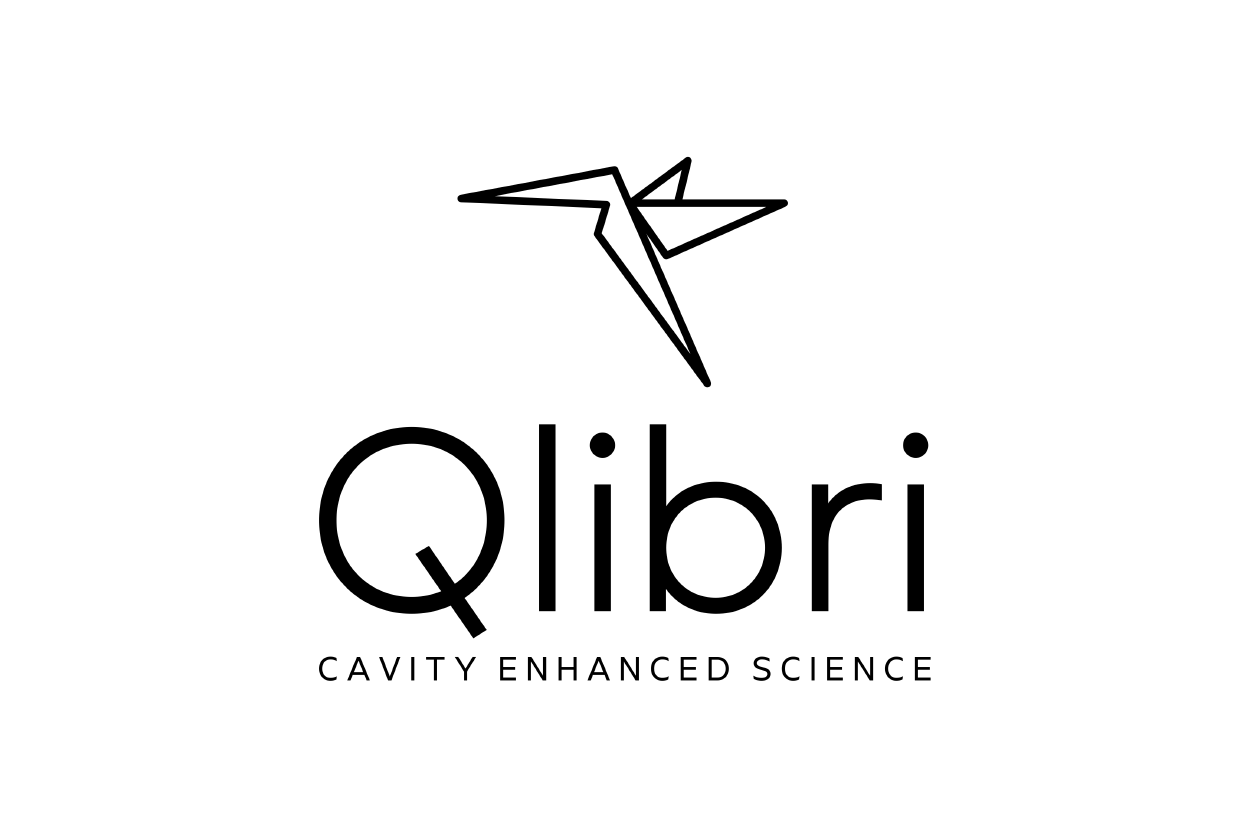
Qlibri is a Munich-based start-up emerging from the field of quantum optics. We provide solutions to use the incredible power of optical micro-cavities to enhance light-matter interaction for ultra-sensitive absorption microscopy and quantum technologies.
Our novel microscope makes minuscule absorption of single nanoscale particles visible, which is not accessible otherwise. This enables scientists and developers in nanotechnology, material science, and life sciences to get new label-free insight into nanoscale objects down to the single-particle level and transform this into new applications.
Our Quantum-optics platform is a highly stable scanning micro-cavity system that can be operated in a closed-cycle cryostat to couple quantum systems to light. Our approach enables researchers to look at thousands of different quantum systems and create the next generation of quantum technologies.
Already before the start of MQV, Qlibri received the prestigeous EXIST Forschungstransfer start-up grant from the German Federal Ministry for Economic Affairs and Energy (BMWi).
Links
Qoro Quantum

Qoro Quantum is building the missing link in quantum computing: a scalable network stack for distributed quantum computing. While quantum hardware - superconducting qubits, ion traps, and neutral atom processors - is advancing rapidly, leveraging these systems efficiently requires robust orchestration. Today, quantum computing operates in silos, with limited interoperability and scalability. Qoro Quantum is changing that by developing an automated quantum algorithm processing pipeline and a cloud-based network controller that synchronizes multi-vendor computing clusters. Our technology enables seamless integration of quantum resources, unlocking the full potential of distributed quantum computing for research and industry.
Links
QTAS
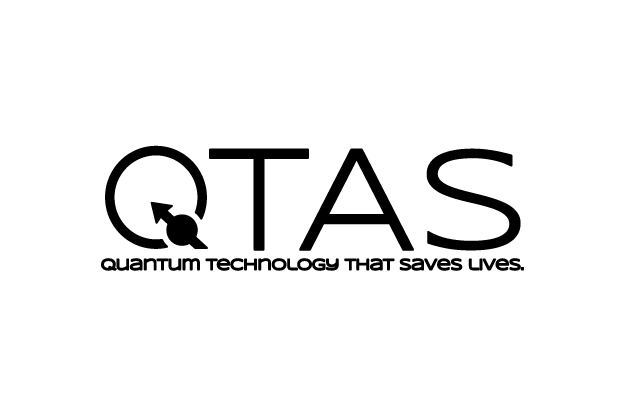
QTAS is revolutionizing cancer therapy monitoring by utilizing quantum sensing with NV centers in diamonds. Our technology drastically reduces the time to monitor treatment response from months to just seven days, enabling faster and more effective therapy adjustments. By measuring in whole blood and automating the isolation of circulating tumor cells (CTCs), QTAS offers a groundbreaking approach for personalized cancer treatment.
Links
Quantum Diamonds

Quantum Diamonds is a Munich-based company specializing in the manufacturing of nitrogen-doped diamond material. We have developed atom-sized quantum sensors in diamonds, functioning under the hardest conditions. Our quantum sensing technology involves sensors which are solid-state qubits embedded within diamonds known as the nitrogen-vacancy (NV) center. We produce tailor-made, ready-to-use diamond material with certified properties, filling the demand for high-quality diamond material in research and industry. In addition, we provide services such as diamond characterization, annealing, and cleaning, as well as consulting and technical support with the design and integration of diamond-based sensing devices.
